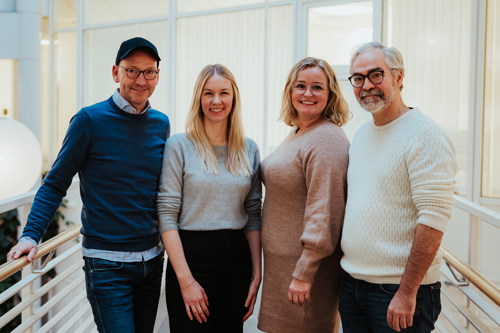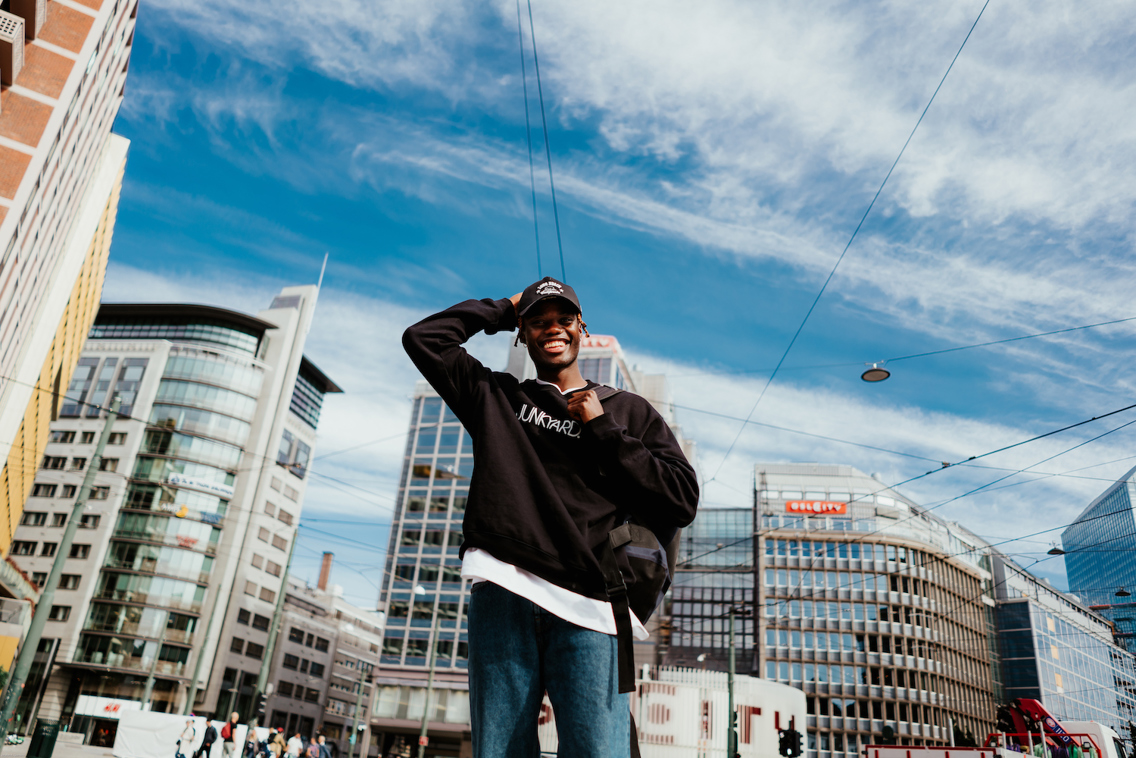Plan your stay at Kristiania University of Applied Sciences
Find the information you need for the different stages of your exchange journey.
Plan your stay overview
Our campuses

Contact our international mobility team
Do you have any questions about the application process or exchange?
Contact us by email
